The following is the first of a two-part series. Are we currently experiencing at a global level a political apocalypse that signals the catastrophic end of liberalism? It is very
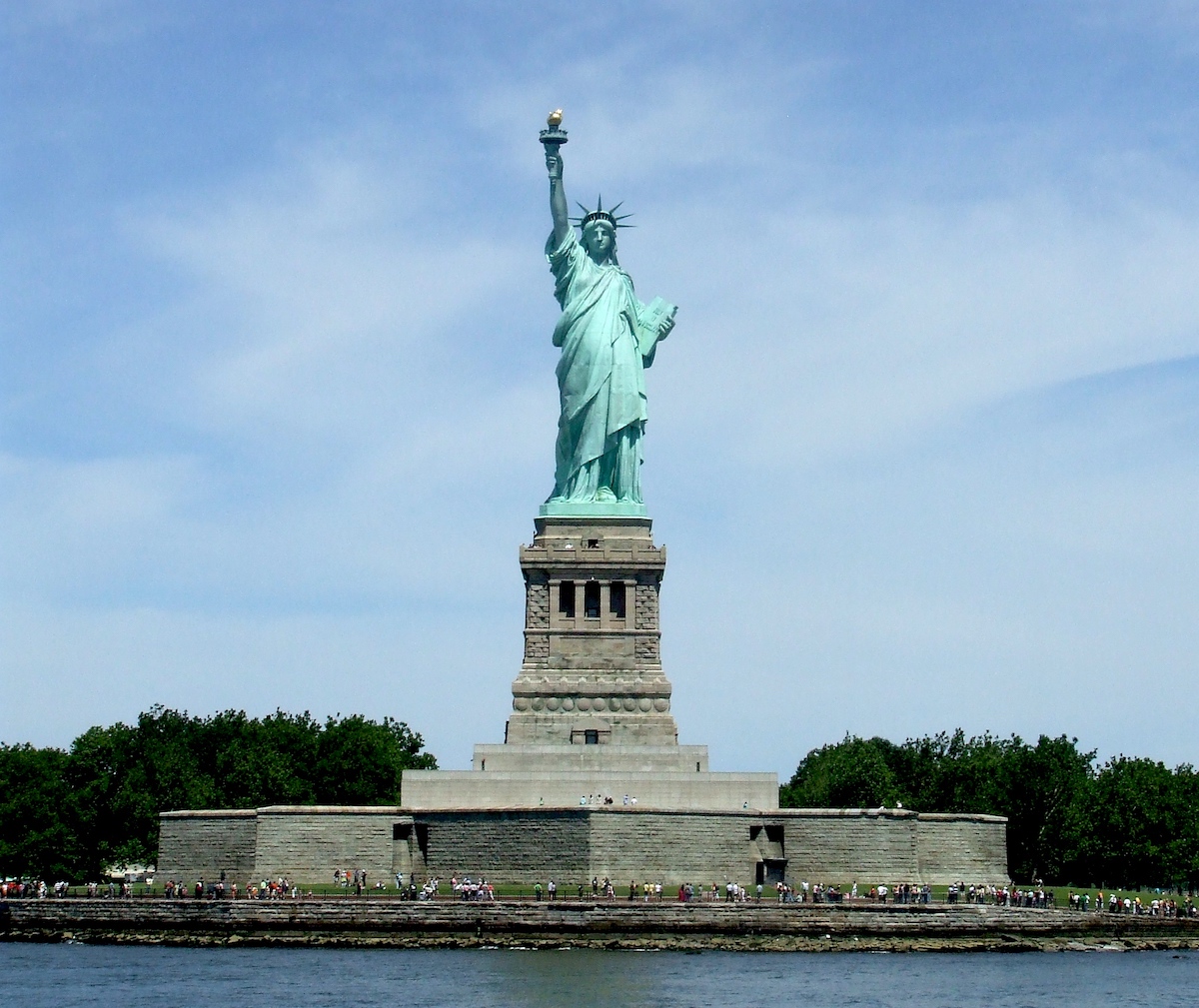

CRITICAL THEORY | SOCIAL ANALYSIS | POLITICAL PHILOSOPHY AND THEOLOGY

The following is the first of a two-part series. Are we currently experiencing at a global level a political apocalypse that signals the catastrophic end of liberalism? It is very
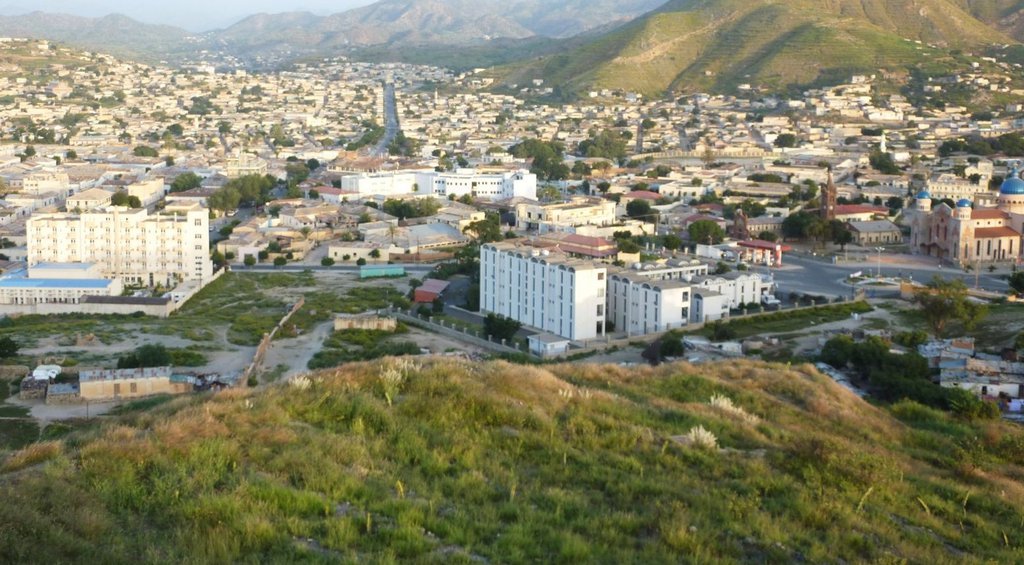
The following is the first of a four-part series. Neoliberalism as Biopolitics In this essay I claim that imposed religious and political ideologies colonize Ethiopian bodies. I will use Michael

The following is the transcript of “Critical Conversations” No. 9, an ongoing series of Zoom seminars conducted by The New Polis with distinguished international academics. This seminar on economics, theology,
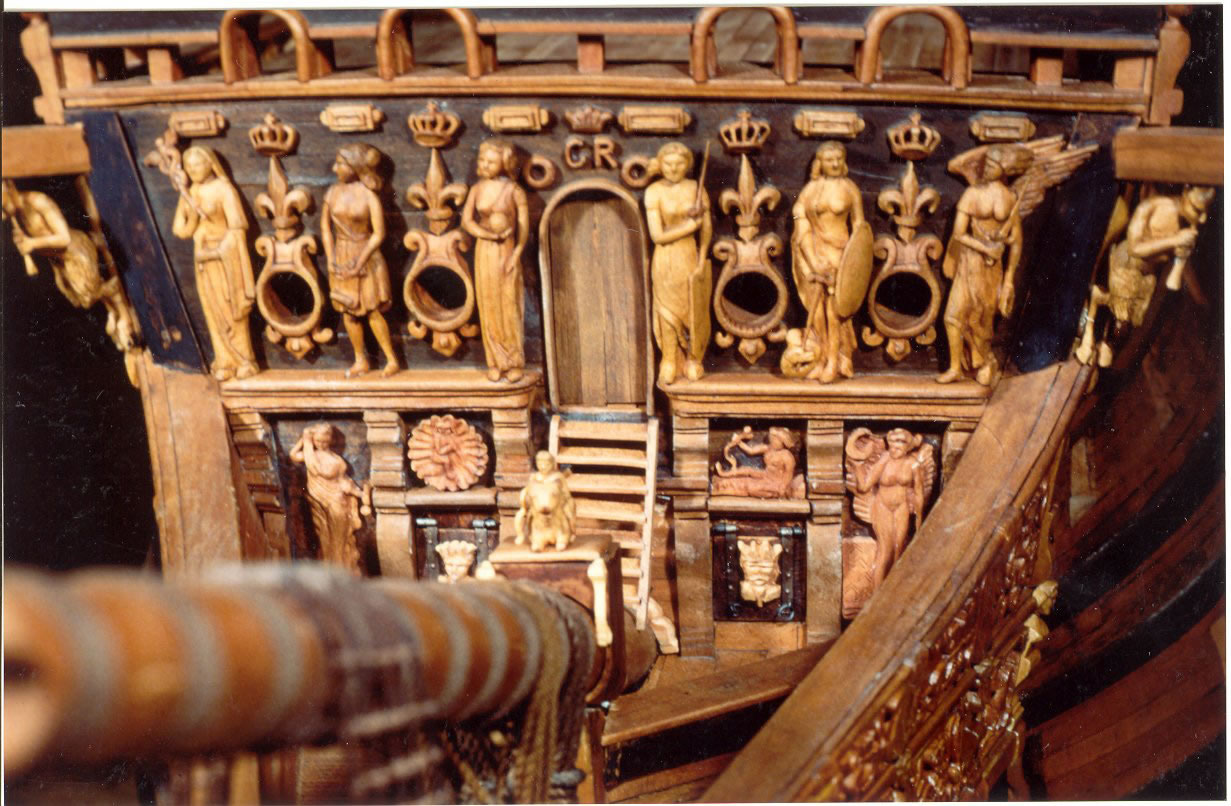
The following is the first of a two-part series. The Metapolitics of Sovereignty The question of what constitutes the political is a question of first principles. The question of the

America is fracturing. America is unravelling. Such a proposition, controversial four years ago, seems almost a truism these days. But a phenomenology of the Great American Crackup, quite evident in
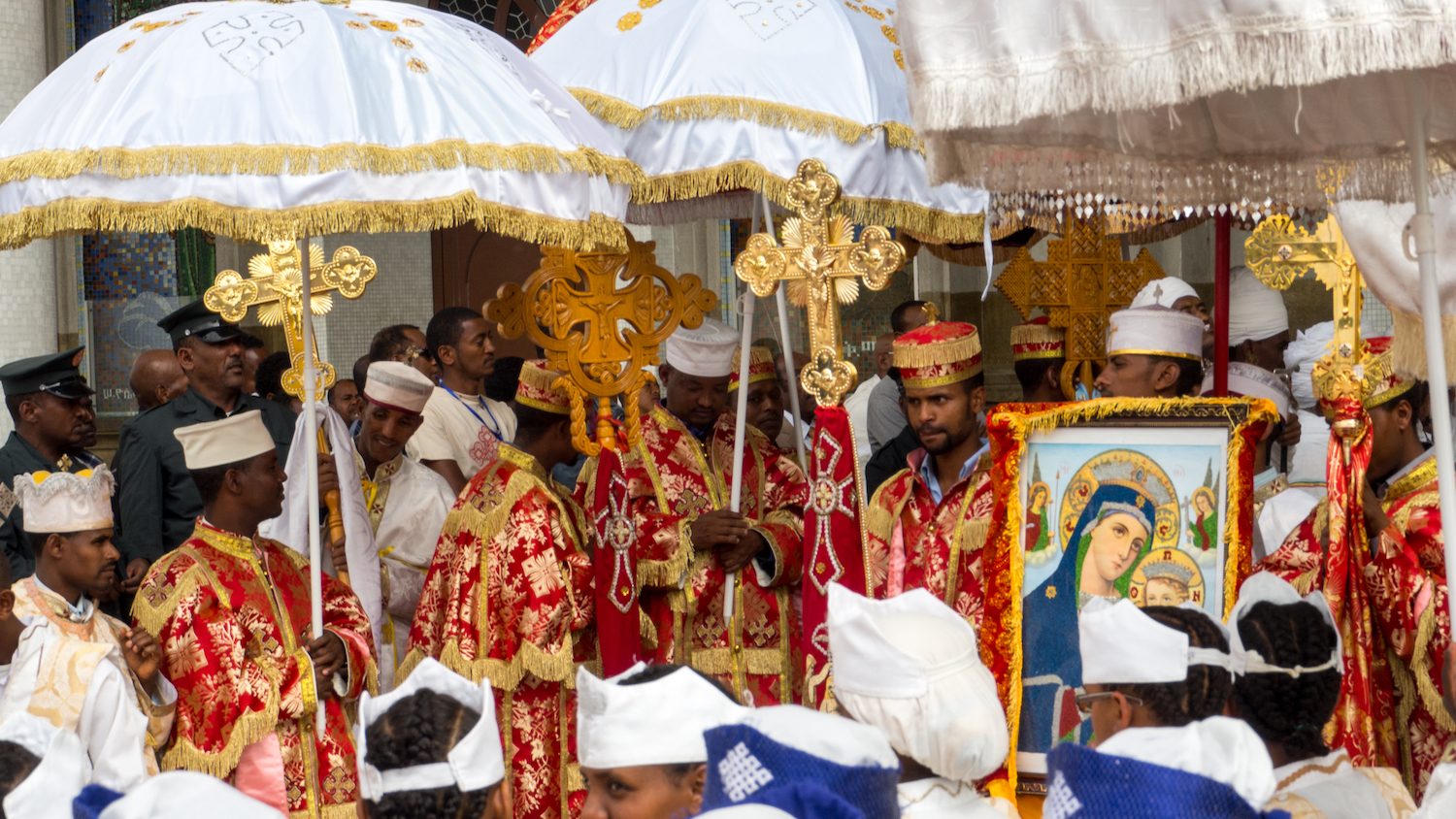
The following is the full text of a brief talk that was given as part of a special symposium, or webinar, on religious rights conducted on Oct. 9, 2020 by
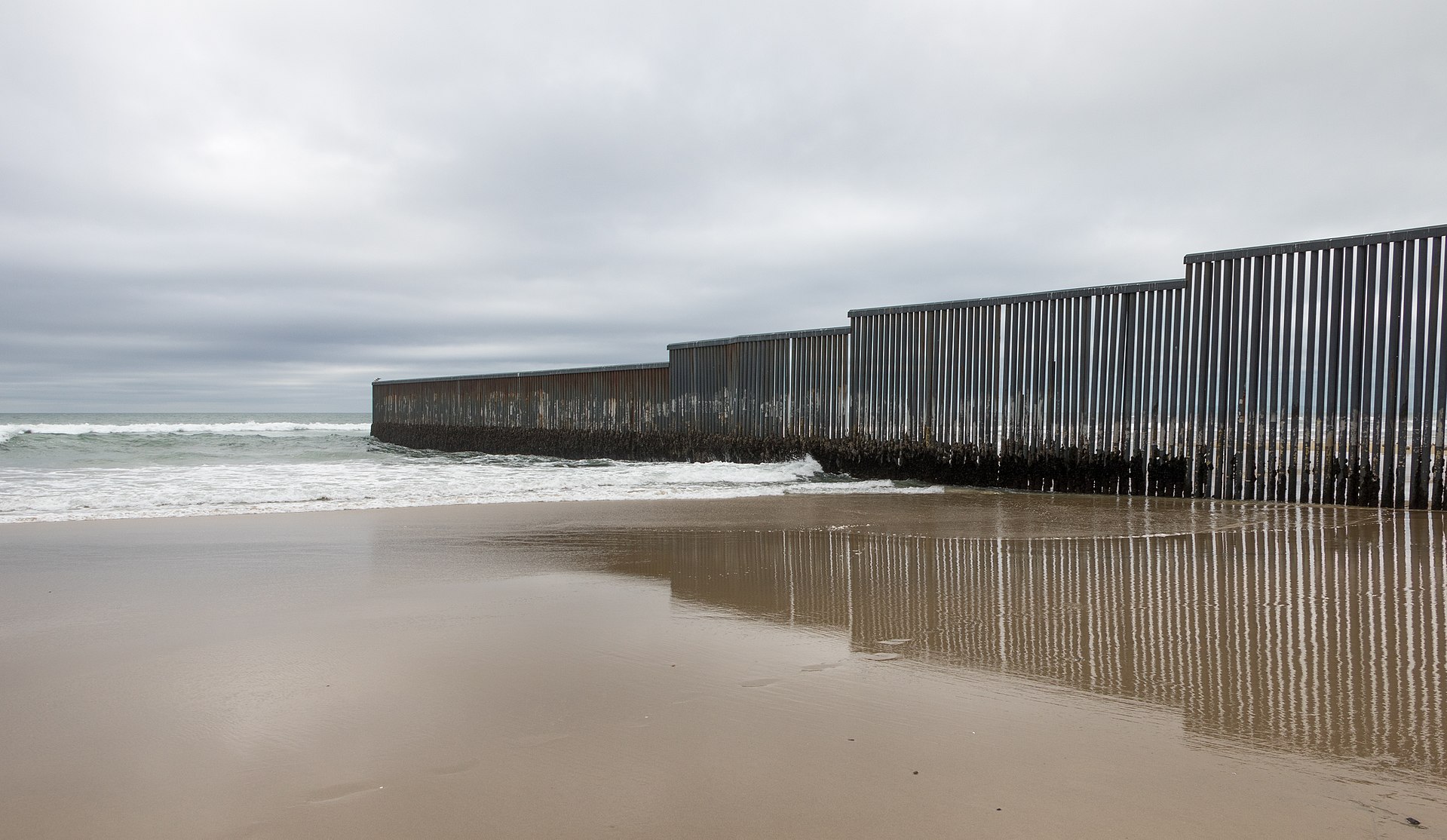
Donald Trump was elected president of the United States, albeit not by a popular majority of votes, largely on his promise to “build the wall” that would stem the tide
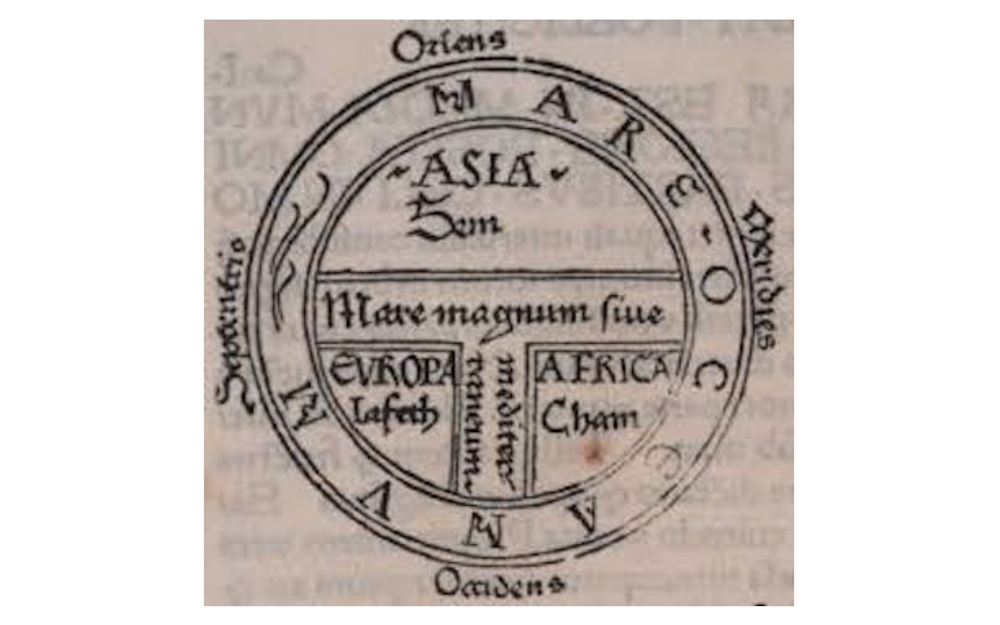
A variety of competing descriptions of ‘whiteness’ making up racist retreats to Romantic imaginaries of Anglo-Saxon identity go at least as far back as Thomas Jefferson. Jefferson had imagined himself
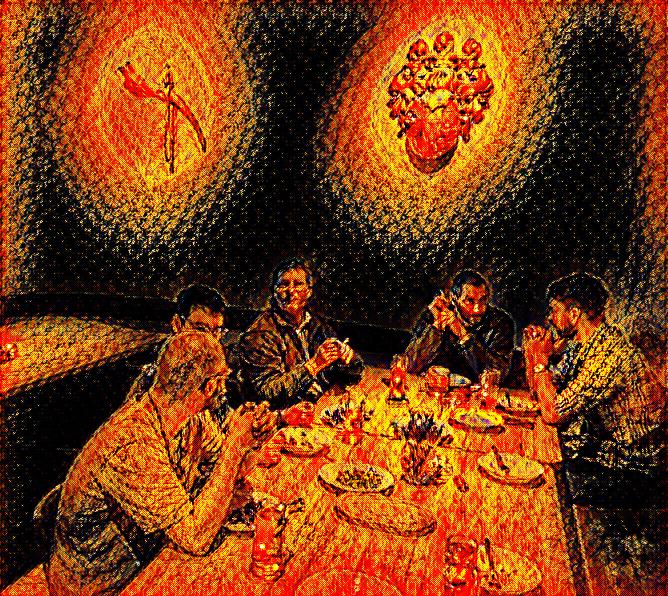
The following is the first installment of Dr. Tutt’s St. Thomas More Lecture delivered on March 18, 2018 at St. John Fisher University. The second installment will follow upon this